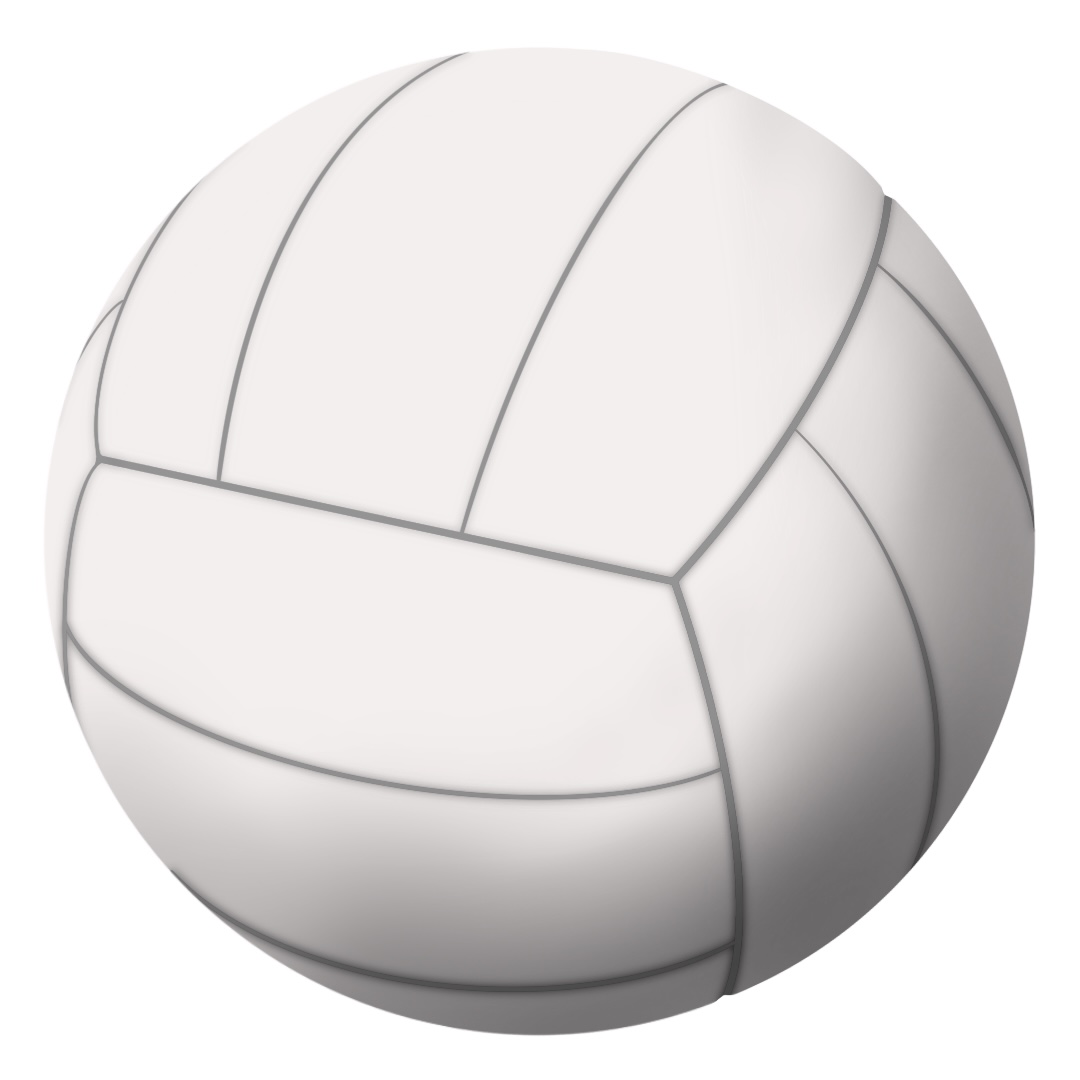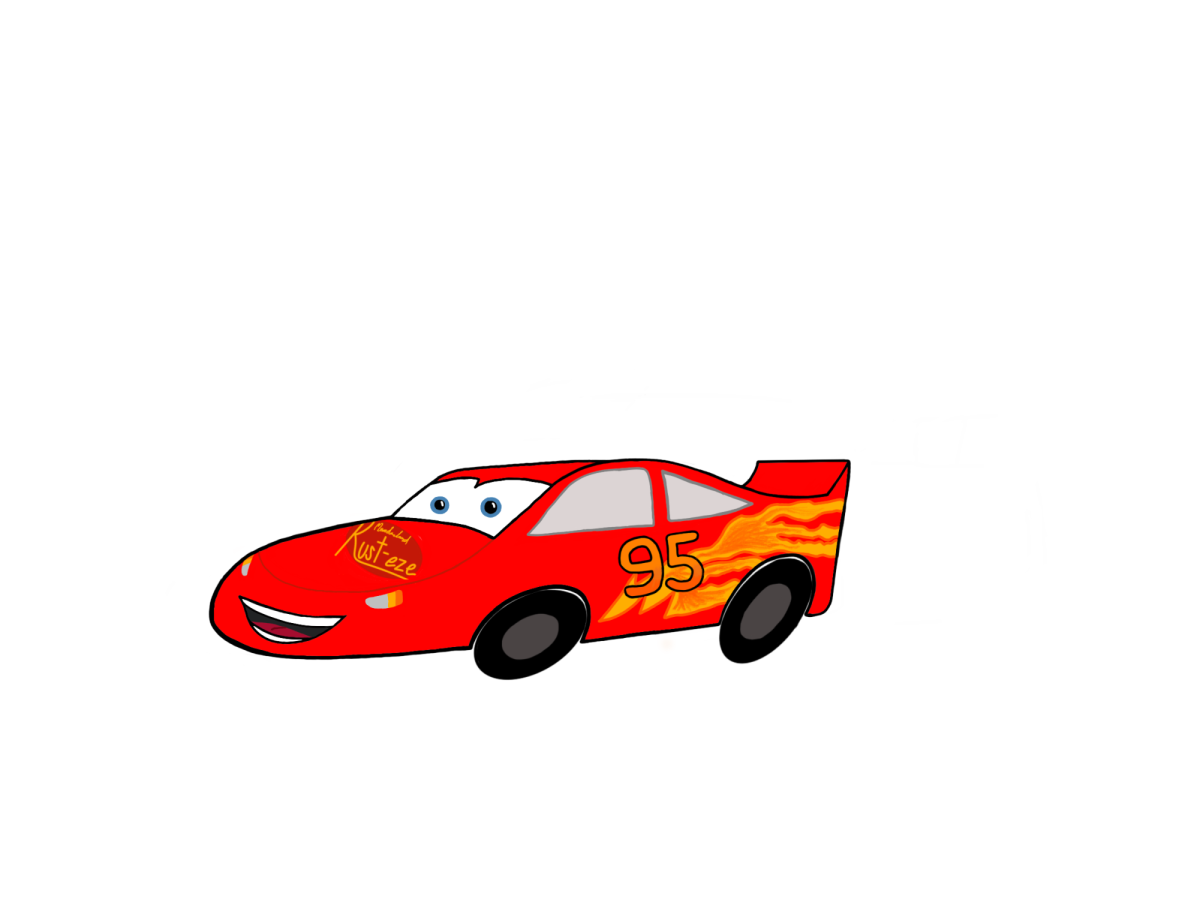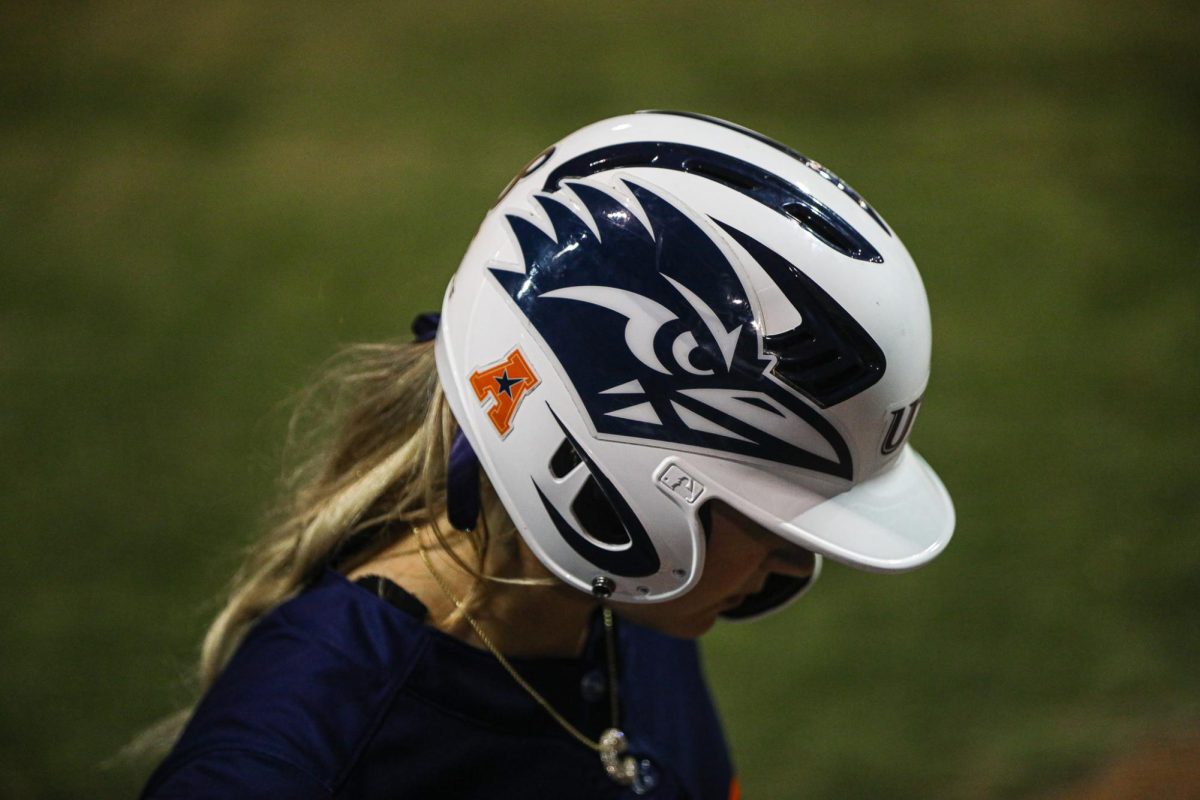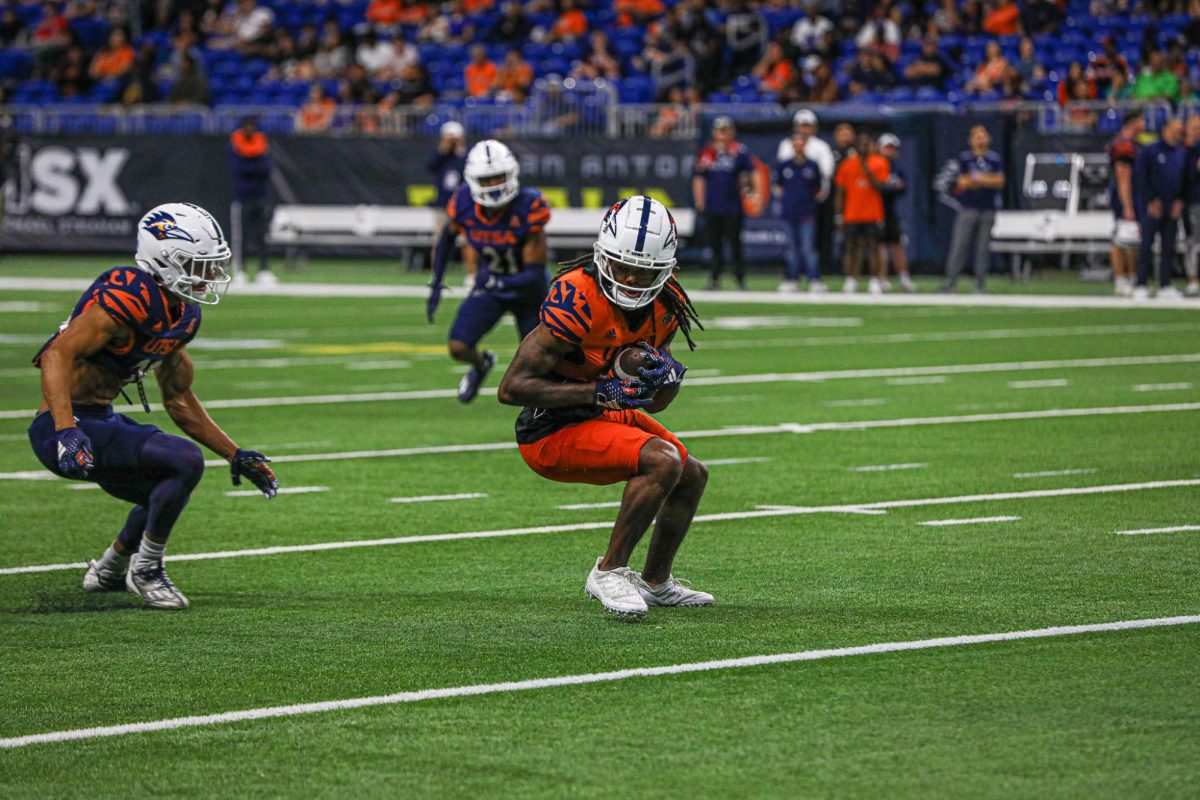On Tuesday, Feb. 20, the NCAA announced a series of rule changes that will be implemented for the upcoming 2024 women’s volleyball season. To name a few, this included allowing two liberos in each match, more leniency regarding nose and ear jewelry and requiring all protests to be resolved during a match. Although most of these changes were met with approval, one rule in particular has sparked controversy and upset across the volleyball community; double contact is now allowed.
A double contact or double hit is when a player touches the ball twice in a row, or the ball touches two parts of the player’s body in succession. This violation is most often called on setters, who usually receive the violation for their hands not being perfectly even on the ball.
After years of debate, the NCAA Playing Rules Oversight Panel officially overturned the rule now “allowing women’s volleyball players to contact the ball more than once with any part of the body in a single attempt on a team’s second contact when the ball is played to a teammate.” The new rule does come with some regulations, as players are not allowed to play the ball over the net after executing a double hit.
The volleyball community is processing the change in different ways, with some feeling that the rule will go unnoticed, others are in disbelief and expressing their frustrations. The NCAA claimed that implementing a double hit “would bring more consistency to the game,” and that players and fans would find the game more enjoyable because the rule would “promote continuation of play.”
So why are players upset about this? There is no denying that college volleyball matches can be intense. The precision and form behind each block, dig or perfectly crafted set can easily be overlooked because of the swiftness of each match. Though with the NCAA’s permittance of double contact, players everywhere are questioning whether their years of perfecting their skills have now gone to waste.
Setters feel significantly affected by the change, especially those who have been playing for extended periods of time. The rule serves no benefit to seasoned players, as they feel frustrated because the entire purpose of their position is seemingly meaningless now.
Imagine spending years crafting your setting form so that a double hit does not occur during a match just for a new rule to completely alter the art of setting and reduce your successes. The frustration and disbelief is warranted.
Additionally, other players feel that allowing double contacts will result in sloppier technique, as younger members of the volleyball community will now be learning to set with the ability to contact the ball twice, which is the complete opposite of what the fundamentals of setting are based on.
The full impact of the double contact rule remains to be seen with time, but the significant attention gathered by the change exemplifies fans and players’ deep passion for volleyball. Despite the conflicting opinions surrounding the rule change, one thing is certain: volleyball enthusiasts are eagerly anticipating witnessing how the adjustment will be integrated into the game.













